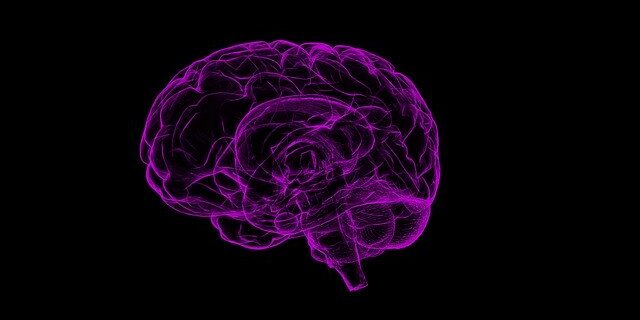Modern medicine claims many victories in the battle against illness yet numerous adversaries like Alzheimer’s disease remain unconquered, steadily stealing life from millions. Scientists are hoping that a newly discovered “kink” in the amyloid protein may lead to a chink in Alzheimer’s armor. Beta amyloid proteins along with tau proteins have been identified years ago as keys in the development of this devastating disease. As these proteins form fibers and tangles, they somehow leading to cell death and the clinical symptoms of memory loss and disability.
UCLA researchers reported in the journal Nature Communications that when the beta amyloid protein develops a “kink” in its line of amino acids (beta amyloid is a protein made of 40 to 42 amino acids lined up in a string), it can form a “zipper” with other beta amyloid. This “zipper” between molecules pushes out water and becomes highly resistant to breakage. Once formed, the molecular reaction spreads forming fibrils and involving the larger tau proteins.
Several questions arise from this discovery. On one hand, is this a common process in normal life that only goes awry when normal repair mechanisms fail, or is this an uncommon event without a built-in self-protection mechanism in the brain? On the other hand, depending on the answer to the prior question, what can be done to prevent or reverse this process so that affected individuals can be successfully treated? We look forward to research that may answer both of these questions.
In the meantime, in functional medicine we work with various natural therapies which appear to prevent, slow, or reverse cognitive decline. I hope that researchers will include these effective therapies in studies which would explain the natural therapies’ mechanisms of actions. Who knows…maybe curcumin straightens out the kinks? Until then, we keep pressing forward restoring healthier more abundant lives.
Original Article
Rebeccah A. Warmack, David R. Boyer, Chih-Te Zee, Logan S. Richards, Michael R. Sawaya, Duilio Cascio, Tamir Gonen, David S. Eisenberg, Steven G. Clarke. Structure of amyloid-β (20-34) with Alzheimer’s-associated isomerization at Asp23 reveals a distinct protofilament interface. Nature Communications, 2019; 10 (1) DOI: 10.1038/s41467-019-11183-z
Thanks to Science Daily
University of California – Los Angeles. “Biochemists discover new insights into what may go awry in brains of Alzheimer’s patients.” ScienceDaily. ScienceDaily, 19 August 2019. <www.sciencedaily.com/releases/2019/08/190819164346.htm>
Sanctuary Functional Medicine, under the direction of Dr Eric Potter, IFMCP MD, provides functional medicine services to Nashville, Middle Tennessee and beyond. We frequently treat patients from Kentucky, Alabama, Mississippi, Georgia, Ohio, Indiana, and more... offering the hope of healthier more abundant lives to those with chronic illness.







